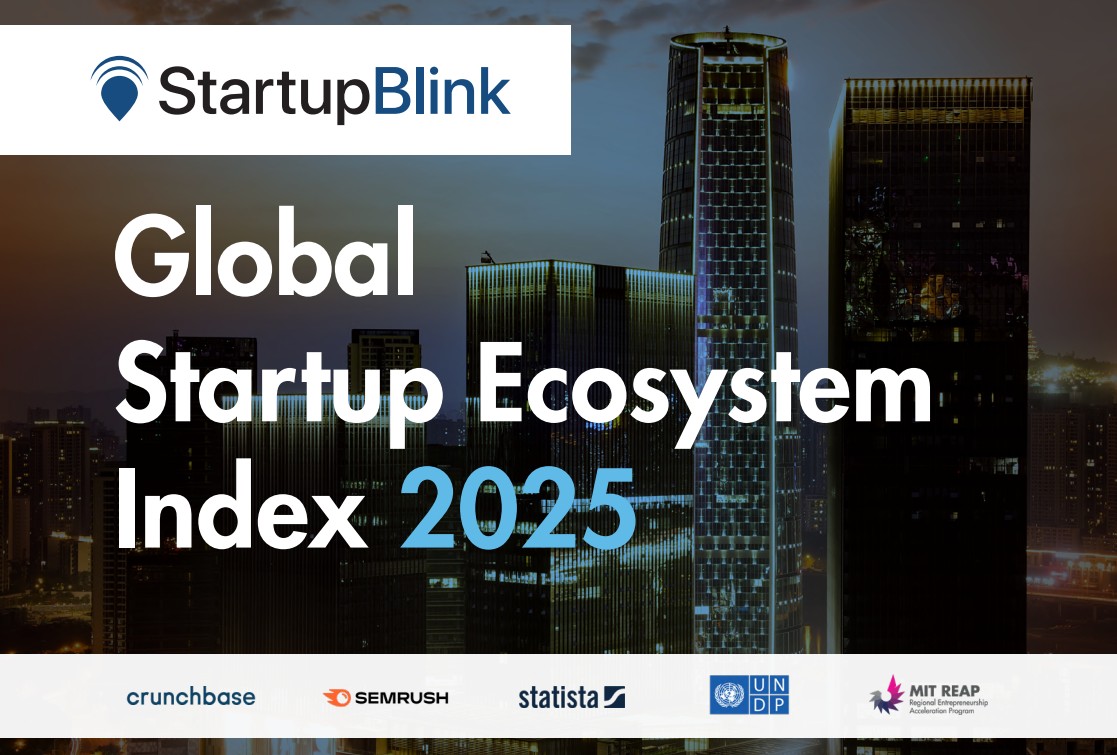Two major forces are shaping the global tech environment. The first is artificial intelligence, now widelyvrecognized as one of the most significant technological breakthroughs in recent memory. It is setting the agenda for decades to come and has the potential to reshape economies at an unprecedented pace.
The second major shift is the evolving geopolitical landscape. Globalization has given way to a more regionally focused economy, with distinct blocs emerging. In this environment, founders must be more strategic than ever about which industries to pursue and where to locate their startups.
Many countries—even some of the highest-ranked—have made critical missteps that have weakened their startup ecosystems. We see this in various forms: public safety and business environment concerns in San Francisco, destabilizing judicial reforms in Israel, Brexit in the United Kingdom, and China’s retreat from
the global tech ecosystem. By learning from these self-inflicted missteps, smaller startup ecosystems can close gaps by avoiding similar errors, providing stability and continuously improving their business environment. Few governments invest in developing their startup ecosystems. Those that do enjoy strong results. We are
proud to partner with ecosystem developers who use data-driven strategies and dedicate real resources to this vital engine of economic growth. Robust startup ecosystems add an antifragile element to the economy, enabling it to withstand extreme circumstances that have become more common since 2020. Most importantly, they create jobs, attract investment, curb brain drain, and draw foreign entrepreneurs.

Pitch Deck: Πώς να παρουσιάσετε τη startup σας σε επενδυτές
Το άρθρο του Develop Greece για το Pitch Deck είναι ένας πρακτικός οδηγός για κάθε startup που θέλει να παρουσιάσει







